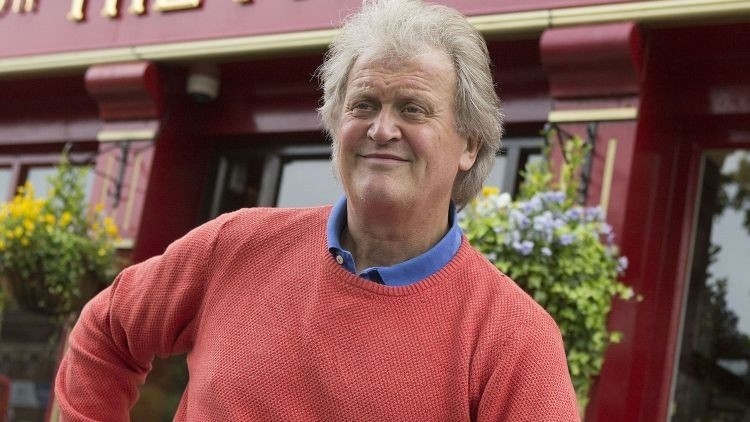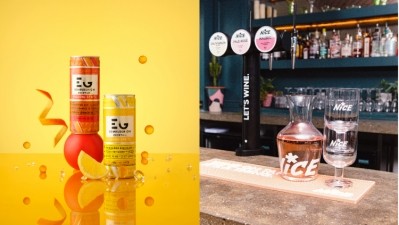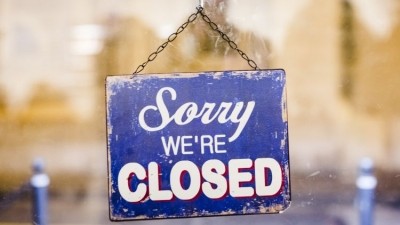JDW 'most visited licensed brand'

The syndicated consumer survey, which looks into the eating and drinking out behaviours of 20,000 British consumers annually, tracks consumer interactions with, and perceptions of, the 70 largest hospitality brands, showed 20.5m customers visited Wetherspoon pubs in a six-month period, while 43% of the customers surveyed had visited Wetherspoon in the same period.
Wetherspoon chief executive John Hutson said: “We are delighted with the findings of the survey. Our staff work hard to offer customers excellent pubs with first-class service at all times.
Resonating with customers
“This, together with the quality of the pubs, its food and drink, obviously resonates with customers who continue to visit Wetherspoon pubs in their millions. We do not take our customers for granted and appreciate the fact that they choose to visit Wetherspoon’s.”
This comes as the pub company last month reported its like-for-like sales had dropped by 0.4% in the first four weeks of quarter four of the current financial year, compared to the same pre-pandemic period of 2019.
Furthermore, earlier this week, JD Wetherspoon chairman Tim Martin repeated calls for pubs to have tax equality with supermarkets in order to “survive and thrive in the future”, having claimed in pubs lost half of their beer trade to supermarkets in 2019.
He said: “The reality has been supermarkets have been able to subsidise the selling price of beer, using their VAT advantage.
Survive and thrive
“And, as if that were not enough, pubs also pay far more business rates per pint than supermarkets – about 25p a pint in pubs versus about 2p in supermarkets.”
Martin continued by saying large pub companies should be campaigning for tax equality with the off-trade.
He added: “Let’s not beat about the bush. If pubs are to survive and thrive in the future, generating a huge number of jobs as well as vast funds for the Treasury, they have to be treated fairly.
“Fairness means tax equality with supermarkets. Anything short of that means continuing decline for a once-great British institution.”







